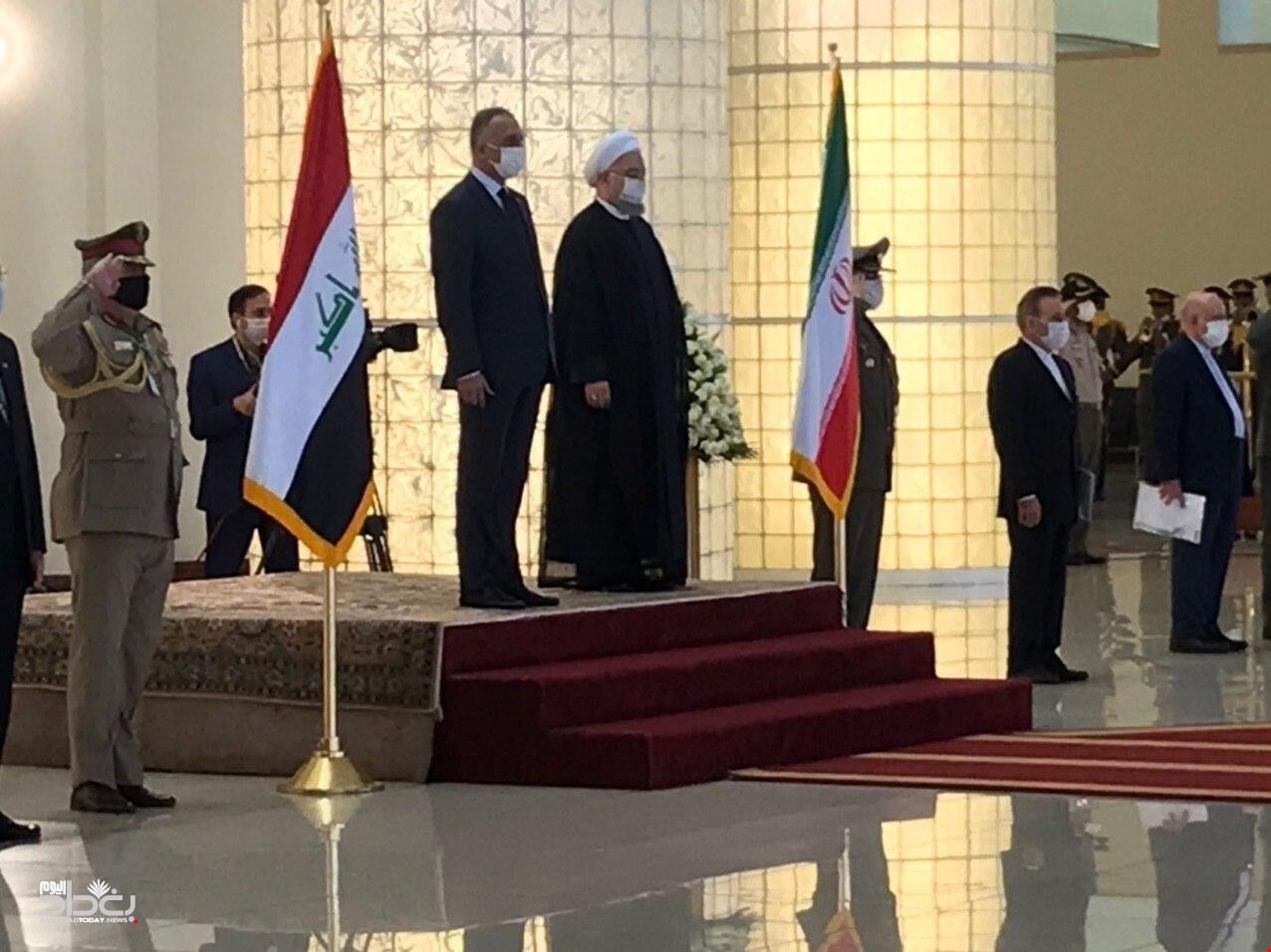Asghar Zarei, in an interview with the website of the Strategic Council on Foreign Relations, reminded that the relations between the nations of Iran and Iraq, especially after the fall of Saddam’s Ba’athist regime, have had many ups and downs: “Certainly both nations are aware of long-standing, traditional and deep ties.” Which exists between them, cannot cause their separation due to adversities. We were the only nation that helped the Iraqi people after the fall of the Ba’athist regime with all its problems, issues and troubles, and the Iraqi people are aware of this.”
He said that after the fall of Saddam’s Ba’athist regime, many efforts were made to create divisions and differences between the two nations, citing some actions during the protests in the concluding months of last year and at the beginning of the new year, adding: Encouraged by certain foreign embassies and social networks, they tried to destabilize relations between the two neighbors and disrupt Iran-Iraq relations by stirring up some absurd and untrue issues.
The West Asian affairs analyst cited the efforts to destabilize and put pressure on the Iraqi government with the aim of creating a rift in Baghdad-Tehran relations and said: “The consensus and agreement that was achieved to bring to power the government of Prime Minister Mr. Al-Kazemi with Iran playing a significant role in this regard once again causing many currents opposed to the relations between the two countries to be marginalized.
Iran, Iraq Seek to Maintain the Highest Level of Interaction
Zarei continued by stating that the Iraqi government’s mission is to maintain the highest level of interaction with Iran in various fields as in previous governments, and also planned the first foreign trip of the new prime minister to Tehran: “Initially, according to some reports, the new Iraqi prime minister had plans to travel to Saudi Arabia first in order to get the tacit consent and the green light from Riyadh for normalization of relations with Tehran but the trip was cancelled due to King Salman’s illness.”
Referring to some published news about the pressure of the Saudis urging Mr. Al-Kazemi not to receive Iran’s Foreign Minister during his visit to Baghdad and the rejection of these pressures by the Iraqi officials, evaluated Al-Kazemi’s visit to Tehran at the head of a high-level delegation and high-level meetings as the determination of the two countries to continue and strengthen cooperation at various levels as a key priority on the agenda.
The West Asian affairs analyst referred to the talks with Iraqi officials on developing Iraq’s energy, oil and gas infrastructure, consulting with IRI officials in some provinces, as well as efforts to boost trade to $20 billion and resolve some border issues, said:. “The United States and the Saudi regime and some other regimes in the region are concerned about the breadth and depth of Iran-Iraq relations,” he said. “Meanwhile, we are witnessing some movements such as missile attacks on the green zone of Baghdad and attacks on some Western coalition convoys by their own agents. They sought to maintain a strong presence in Iraq by creating destabilizing conditions.”
He reminded that one of the focal points of Mr. Al-Kazemi’s talks with the Supreme Leader and Mr. Shamkhani in Tehran was the implementation of the parliament’s resolution to expedite the withdrawal of foreign and allied forces from Iraq and prevent American and the coalition action against Iran and the two countries’ interests on Iraqi soil. “Overall, this trip and the negotiations and interactions that will result from it in the future can create very good conditions for relations between the two countries in the near future, which can make mutual ties much more strategic and fundamental,” he said.
US, Certain Regional States Unhappy with Stronger Iran-Iraq Ties
Zarei added: “The United States, the Zionist regime and the enemies of the two nations and some political currents inside Iraq that are supported by them are not happy with the expanding relations between Tehran and Baghdad. They have always expressed their concerns about the deepening of relations between Iran and Iraq. At the same time, one of the basic and strategic policies of the United States and its allies in the region is to destabilize and cause insecurity in the Islamic countries of the region and prevent further unity and alliance between nations so that they can justify their presence.”
Iran, Iraq Should Not Make Relations Subject to the Will of Regional Powers
He also referred to the news published about Iraq’s efforts to mediate between Iran and Saudi Arabia, saying: “Unless Saudi Arabia achieves independence of decision making based on national and strategic interests of the region, it is certainly unrealistic to expect to forge good relations; Therefore, Iran and Iraq, as two independent countries and regardless of the will of some major powers and countries in the region, must act according to their national interests and needs.










0 Comments